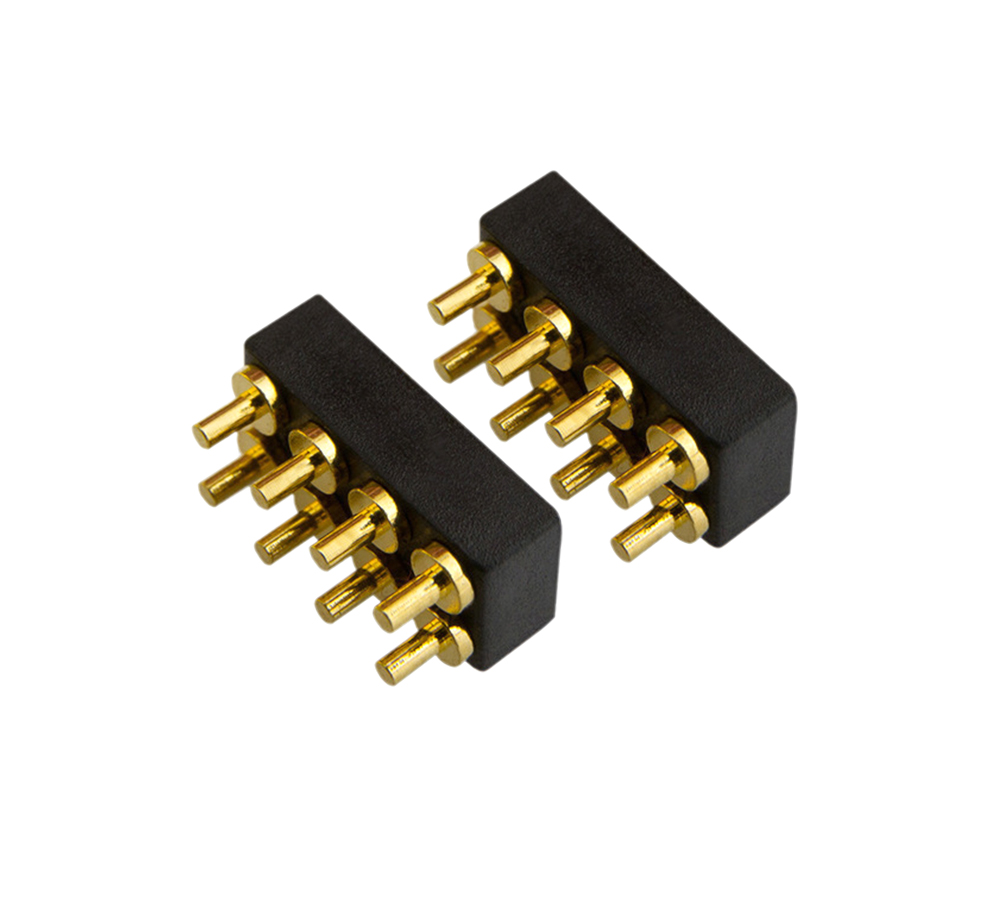Time:2025-05-24 Views:1 source:News

In wireless SMT communication devices—such as smartphones, IoT sensors, and 5G base stations—pogo pins serve as vital interfaces for antenna connections, battery charging, and modular subsystem integration. As SMT technology enables smaller, more complex wireless devices, pogo pins offer a balance of compactness, flexibility, and electrical performance.
For smartphone manufacturers, pogo pins are commonly used to connect SMT-mounted battery modules to the main PCB. The spring-loaded design allows for slight variations in battery placement during assembly, ensuring reliable contact without the need for rigid soldered tabs. In IoT sensors, where space is extremely constrained, pogo pins enable wireless charging pads to connect with SMT-based power management circuits. Miniature pogo pins (e.g., 0.8mm diameter) with gold-plated tips provide low-oxidation contacts, critical for maintaining efficient power transfer in low-current applications like wearable devices.
In 5G base stations, SMT-based radio frequency (RF) modules rely on pogo pins for high-frequency signal transmission. These pins must exhibit excellent impedance matching (e.g., 50Ω) and low signal loss across the GHz frequency range. Specialized designs with shielded barrels and precision-machined tips reduce electromagnetic radiation and interference, ensuring clean RF signals between SMT boards. For example, in a phased-array antenna module, pogo pins connect individual SMT antenna elements to the beamforming controller, enabling dynamic adjustment of signal direction without physical reconfiguration.
The wireless industry’s shift toward modular designs further drives pogo pin adoption. For instance, a ruggedized IoT sensor with the SMT main board and removable wireless communication modules (e.g., LTE or Wi-Fi) can use pogo pins to establish quick, reliable connections between subsystems. This modularity simplifies device upgrades and repairs, as only the relevant module needs to be replaced. However, challenges remain in miniaturization and cost; as pogo pins shrink to accommodate smaller SMT boards, maintaining consistent spring force and contact reliability becomes more complex, requiring advanced manufacturing techniques like micro-machining and automated assembly.
Read recommendations:
American standard AC charging socket
National standard charging gun pin